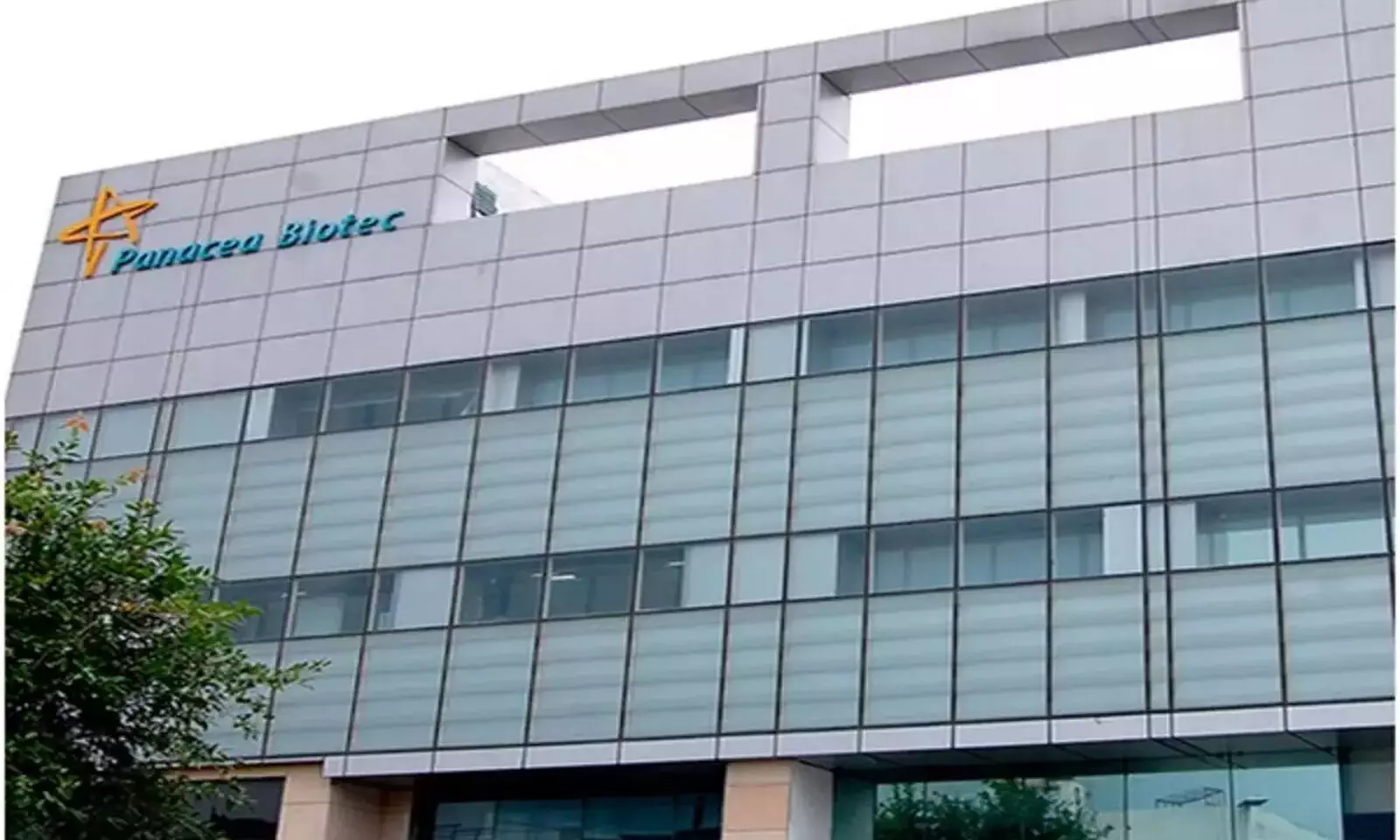- Home
- Medical news & Guidelines
- Anesthesiology
- Cardiology and CTVS
- Critical Care
- Dentistry
- Dermatology
- Diabetes and Endocrinology
- ENT
- Gastroenterology
- Medicine
- Nephrology
- Neurology
- Obstretics-Gynaecology
- Oncology
- Ophthalmology
- Orthopaedics
- Pediatrics-Neonatology
- Psychiatry
- Pulmonology
- Radiology
- Surgery
- Urology
- Laboratory Medicine
- Diet
- Nursing
- Paramedical
- Physiotherapy
- Health news
- Fact Check
- Bone Health Fact Check
- Brain Health Fact Check
- Cancer Related Fact Check
- Child Care Fact Check
- Dental and oral health fact check
- Diabetes and metabolic health fact check
- Diet and Nutrition Fact Check
- Eye and ENT Care Fact Check
- Fitness fact check
- Gut health fact check
- Heart health fact check
- Kidney health fact check
- Medical education fact check
- Men's health fact check
- Respiratory fact check
- Skin and hair care fact check
- Vaccine and Immunization fact check
- Women's health fact check
- AYUSH
- State News
- Andaman and Nicobar Islands
- Andhra Pradesh
- Arunachal Pradesh
- Assam
- Bihar
- Chandigarh
- Chattisgarh
- Dadra and Nagar Haveli
- Daman and Diu
- Delhi
- Goa
- Gujarat
- Haryana
- Himachal Pradesh
- Jammu & Kashmir
- Jharkhand
- Karnataka
- Kerala
- Ladakh
- Lakshadweep
- Madhya Pradesh
- Maharashtra
- Manipur
- Meghalaya
- Mizoram
- Nagaland
- Odisha
- Puducherry
- Punjab
- Rajasthan
- Sikkim
- Tamil Nadu
- Telangana
- Tripura
- Uttar Pradesh
- Uttrakhand
- West Bengal
- Medical Education
- Industry
Clarify, revise protocol for phase 3 trial of Dengue Tetravalent Vaccine: CDSCO panel tells Panacea Biotec

New Delhi: In response to Panacea Biotec's proposal to conduct a phase 3 clinical trial of its Dengue Tetravalent Vaccine, the Subject Expert Committee (SEC) of the Central Drugs Standard Control Organization (CDSCO) has opined that the firm should revise the phase 3 protocol and submit it for further evaluation.
This came in the wake of the proposal presented by Panacea Biotec to conduct a Phase III clinical trial of Dengue Tetravalent Vaccine, Live along with a Phase I/II clinical trial report.
Dengue is the fastest spreading mosquito-borne viral disease. Dengue is mainly spread by Aedes aegypti mosquitoes and, to a lesser extent, Aedes albopictus mosquitoes. It is caused by any of four Dengue virus serotypes, each of which can cause Dengue fever or severe Dengue.
Last year, the Medical Dialogues Team had reported that drug firm Panacea Biotec, in September 2020, had declared successful completion of a Phase I/II clinical study to evaluate the safety and immunogenicity of its DengiAll vaccine.
DengiAll is a single-dose live-attenuated tetravalent vaccine that induces robust, balanced neutralising antibody responses against all four Dengue virus serotypes.
Last year, year Panacea Biotec mentioned in its release, "DengiAll has been found to be safe and well-tolerated with no serious adverse effects. After a single-dose, more than 80% of the participants showed more than a Tri-valent response and ~95% showed a multivalent response."
Furthermore, Panacea Biotec's Managing Director, Dr. Rajesh Jain, had stated that time that Panacea Biotec had already approached the DGCI to request an accelerated review of its data in order to bring DengiAll to market faster and decrease the load on our healthcare infrastructure.
Now, in continuation, at the recent SEC meeting for vaccine proposals, held on 21.09.2021, the expert panel extensively evaluated Panacea Biotec's proposal for conducting a Phase III clinical trial of Dengue Tetravalent Vaccine, Live along with the Phase I/II clinical trial report.
After detailed deliberation, the committee recommended that the firm needs to clarify and revise the protocol as below for further consideration:
1. The definition of seroconversion should be revised by including the day on which it is assessed.
2. The virological diagnosis of dengue should be defined.
3. There seems to be an error in calculating the sample size. The same needs to be justified and rechecked.
4. Criteria for determining the severity of a dengue infection should be established.
5. The number of cases of severe dengue cases requiring hospitalisation and the number of deaths must be included as secondary endpoints.
Accordingly, the committee directed the firm to submit a revised protocol for further consideration.


